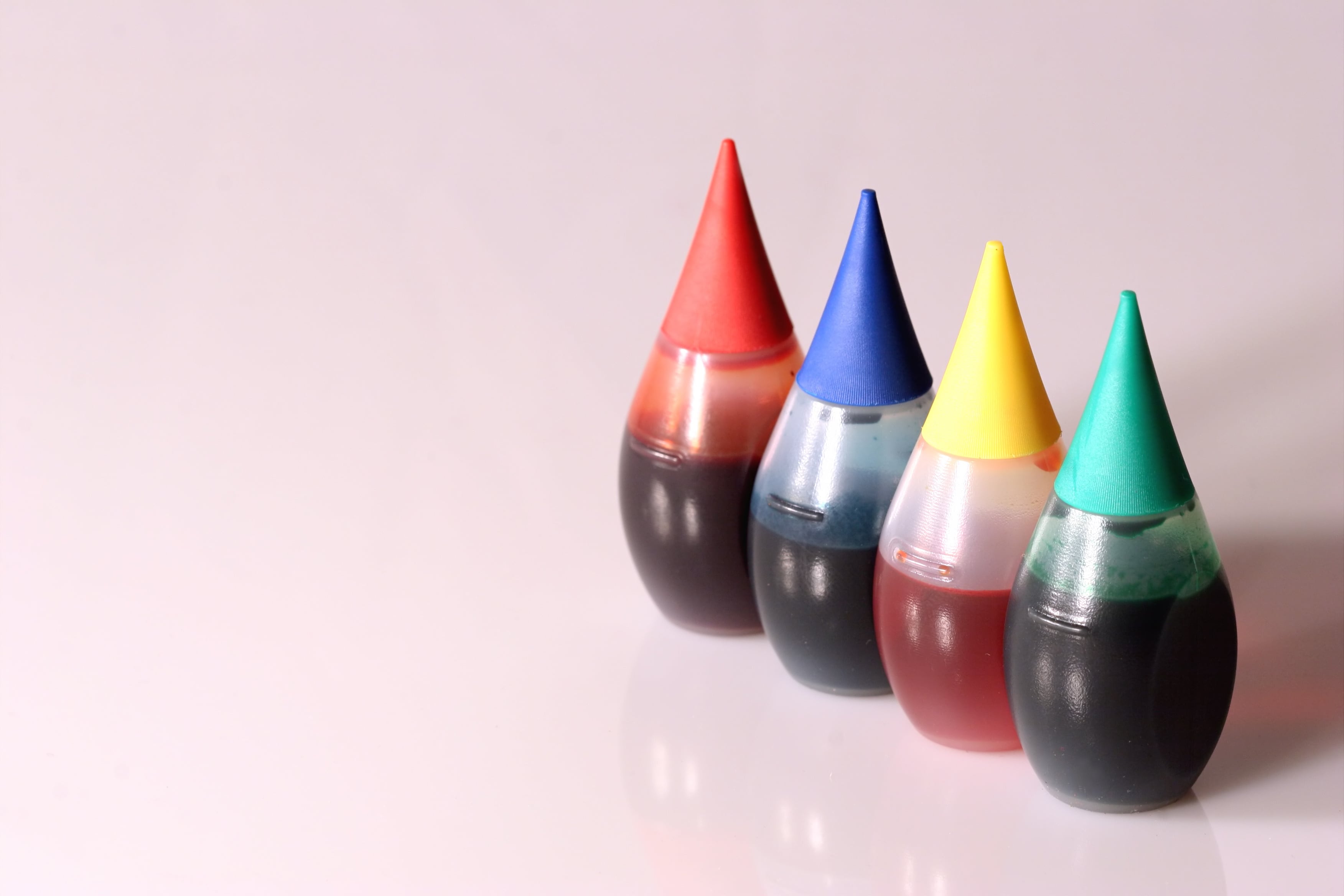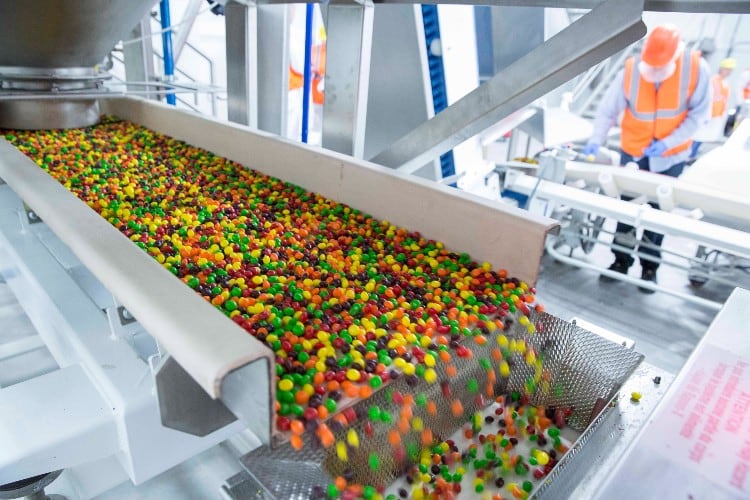Texas Attorney General Ken Paxton has launched a formal investigation into the confectionery giant for allegedly deceptive trade practices – just weeks after the FDA moved to phase out Red Dye No 3 and clear a path for natural alternatives.
The probe zeroes in on Mars’ continued use of synthetic food dyes – particularly in brands like M&M’s and Skittles – despite a 2016 pledge to remove artificial colours from its human food portfolio.
Paxton argues that Mars has misled consumers by removing the dyes in Europe but keeping them in US products.
“Mars must remove toxic artificial dyes from its US food products not only to honour its public commitment and ensure that it stays on the right side of the law, but also because it’s the right thing to do,” Paxton said.
He has issued a civil investigative demand (CID) for internal documents, and is linking the inquiry to the Trump administration’s Make America Healthy Again (MAHA) campaign, led by Health and Human Services Secretary Robert F Kennedy Jr.
A wave of regulatory heat

This comes amid mounting pressure across the food industry. The FDA’s recent Red Dye No 3 phase-out has reignited debate over synthetic colours, which have been tied to behavioural and health concerns including ADHD, autism and certain cancers.
Food giants including Nestlé, General Mills, Hershey, JM Smucker and Kraft Heinz have all committed to eliminating artificial dyes by 2028. But Mars has held off, citing regional differences in consumer preferences and technical challenges with colour vibrancy and shelf stability.
In a statement, Mars said it is “actively exploring choice product alternatives that satisfy scientific safety criteria, technical requirements and consumer preferences” and expects to roll out more naturally coloured products “in the near future.”
Still, Paxton remains unconvinced. He says the company is spreading misinformation by claiming artificial colours “pose no known risks,” a view sharply at odds with MAHA policy priorities.
“It’s clear that the movement to remove artificial colourings from our food supply is making incredible progress,” he added. “It’s time for Mars to follow the lead of companies like Nestlé and Hershey.”
Big Food in the political spotlight

Though the Texas probe is state-level, the implications could be national – even global. Mars has significant manufacturing operations in Texas, and Paxton – who is campaigning to unseat Republican Senator John Cornyn – is positioning himself as a tough-on-Big-Food candidate.
White House MAHA advisor Calley Means added his voice to the growing chorus, calling Mars’ continued use of synthetic dyes “a commonsense issue” and pointing to their petroleum-based origin and lack of nutritional value.
The timing is no coincidence. The FDA’s 30 June deadline to remove PFAS from food packaging has already intensified legal action against other major players, including Hershey. Now synthetic colours are firmly in the crosshairs and Mars is at the centre of the storm.
Industry analysts warn the combined regulatory and political pressure could force Mars to rethink its position or risk further damage to its reputation, particularly if this investigation sparks broader action.
“Dual scrutiny in the US and EU adds real uncertainty to Mars’ strategic roadmap,” said one analyst familiar with the situation. “This isn’t just about dyes anymore – it’s about trust, transparency and what global consumers expect from their food.”
Mars now finds itself needing to reassure regulators, investors and the public that it’s still serious about reformulating for the future.



